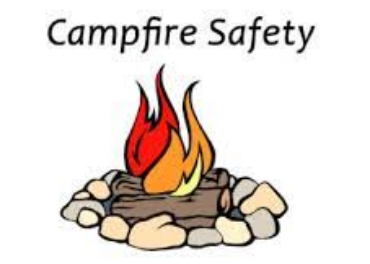You have no items in your shopping cart.
All about Camping
Camping is a popular outdoor activity that involves setting up a temporary shelter, typically in the form of tents, in natural environments such as forests, mountains, or campgrounds. People engage in camping for various reasons, including recreation, relaxation, and a desire to connect with nature. Here are some key aspects of camping:
Types of Camping:
- Tent Camping: The most traditional form of camping involves setting up a tent for shelter.
- RV Camping: Using recreational vehicles (RVs) or camper trailers for a more comfortable camping experience.
- Backpacking: Carrying lightweight equipment and hiking to remote locations for camping.
- Car Camping: Camping near your vehicle, allowing for easier transportation of gear.
Essential Camping Gear:
- Tents: Provide shelter and protection from the elements.
- Sleeping Bags: Keep you warm during the night.
- Cooking Equipment: Portable stoves, cookware, and utensils.
- Lighting: Flashlights, lanterns, or headlamps.
- Clothing: Appropriate attire for the weather, including rain gear.
- First Aid Kit: Basic medical supplies for emergencies.
- Navigation Tools: Maps, compass, or GPS devices.
Choosing a Campsite:
- Campgrounds: Managed sites with designated spaces, amenities, and facilities.
- Backcountry: Remote areas where camping is allowed but may lack amenities.
- National and State Parks: Many provide camping facilities with varying levels of amenities.
Leave No Trace:
- Follow the principles of Leave No Trace to minimize environmental impact.
- Properly dispose of waste, respect wildlife, and avoid damaging vegetation.
Camping Safety:
- Be aware of local regulations and potential hazards.
- Have a communication plan and let someone know your itinerary.
- Prepare for changing weather conditions.
Outdoor Activities:
- Camping often provides opportunities for activities like hiking, fishing, birdwatching, and stargazing.
Campfire Etiquette:
- Follow fire safety guidelines and be aware of any fire restrictions in the area.
- Extinguish fires completely before leaving.
Before planning a camping trip, it's crucial to research the specific regulations and conditions of the chosen location. Always prioritize safety and responsible outdoor practices to ensure an enjoyable camping experience.

